In the realm of fluid control.Experts hold brass ball valves in high regard for their precision engineering and robust construction. In this article, we embark on a journey to explore the intricate world of brass ball valves, shedding light on their design, materials, and the advanced features that set them apart.
Craftsmanship and Construction
These valves consist of several integral components:
Valve Body: Crafted typically from high-grade brass, the valve body serves as the central structure, providing a solid foundation for the valve’s components.
Ball: At the core of the valve, a precisely machined brass or stainless steel ball ensures efficient fluid control. This ball can be rotated to open or close the valve.
Seals: Brass ball valves incorporate resilient seals, often made from materials like PTFE (polytetrafluoroethylene). To ensure a tight seal when the valve is closed. to guarantee a tight seal when the valve is closed, thus preventing any potential leakage.
Handle or Lever: The valve features a user-friendly handle or lever that enables manual operation.Allowing easy regulation of fluid flow.
Materials of Choice
Brass valves stand out due to their choice of materials:
Brass: Manufacturers typically craft the valve body from high-quality brass, renowned for its corrosion resistance and durability.
Stainless Steel: In some cases, stainless steel components come into play for added strength and enhanced resistance to corrosion.
Innovative Features
Brass ball valves incorporate advanced features, including:
Full Port Design: Some models feature a full port design, providing minimal flow resistance and efficient control.
Quarter-Turn Operation: With a simple quarter-turn of the handle, brass ball valves allow for quick and precise control of fluid flow.
Blow-Out Proof Stem: The blow-out proof stem design ensures that the valve’s stem remains intact and secure, even under high pressures.
Applications
Brass valves are indispensable in various industries and scenarios:
Oil and Gas: They are commonly used in the oil and gas industry for their reliability in regulating the flow of liquids and gases.
Marine: Brass ball valves play a crucial role in marine applications, where they withstand harsh saltwater conditions.
Chemical Processing: In chemical processing plants, brass valves enable precise control of chemical flows.
HVAC Systems: Heating, ventilation, and air conditioning systems rely on these valves for fluid management.
Conclusion
The world of brass valves is a testament to precision engineering and resilience. With a robust design, versatile materials, and innovative features, these valves serve as essential components in various industries. Understanding their craftsmanship, material choices, and applications empowers professionals to make informed decisions when selecting and integrating brass ball valves into their systems.
IFAN has 30+ years of experience. If you are purchasing brass valves, please feel free to contact us.
Welcome to contact IFAN: Whatsapp: +86 13373827623 E-mail: [email protected]


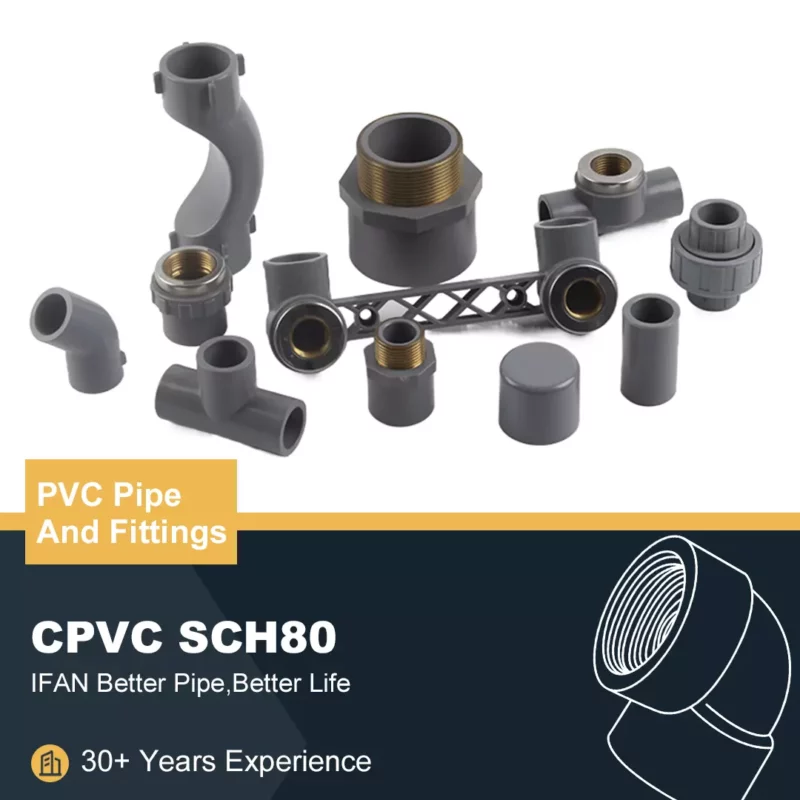
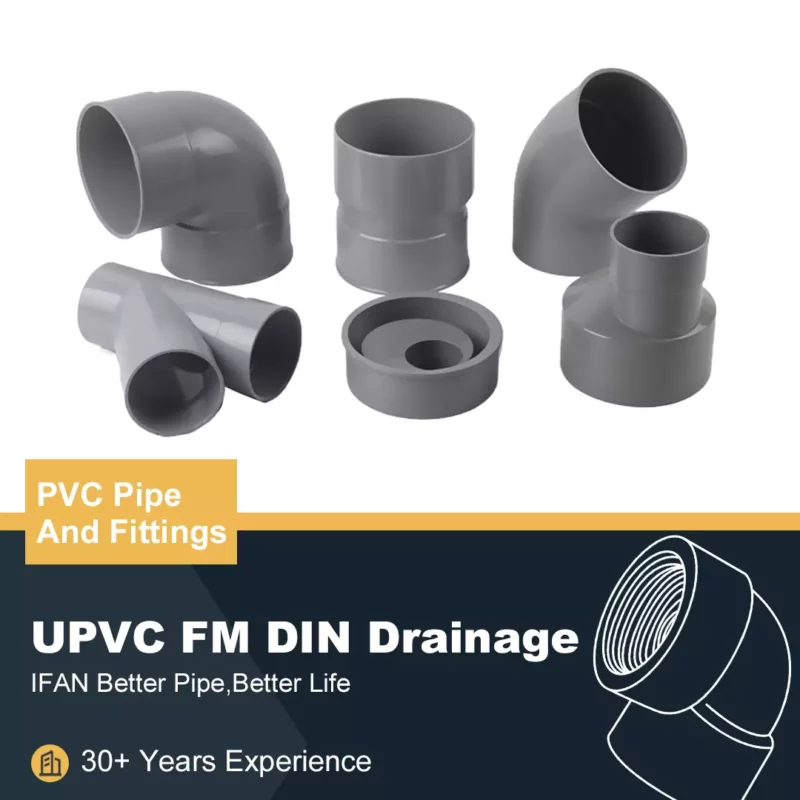
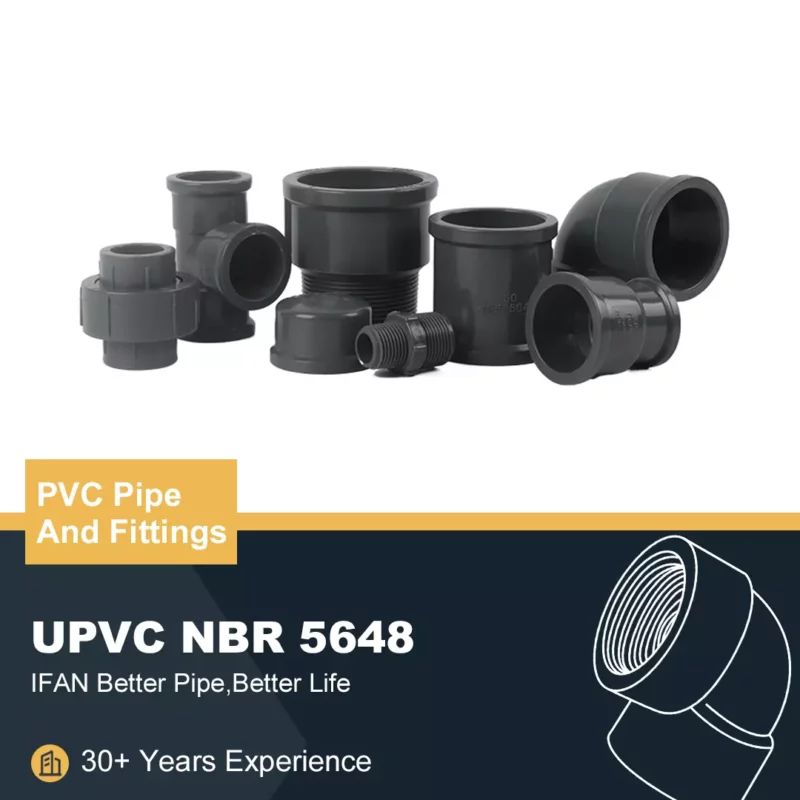
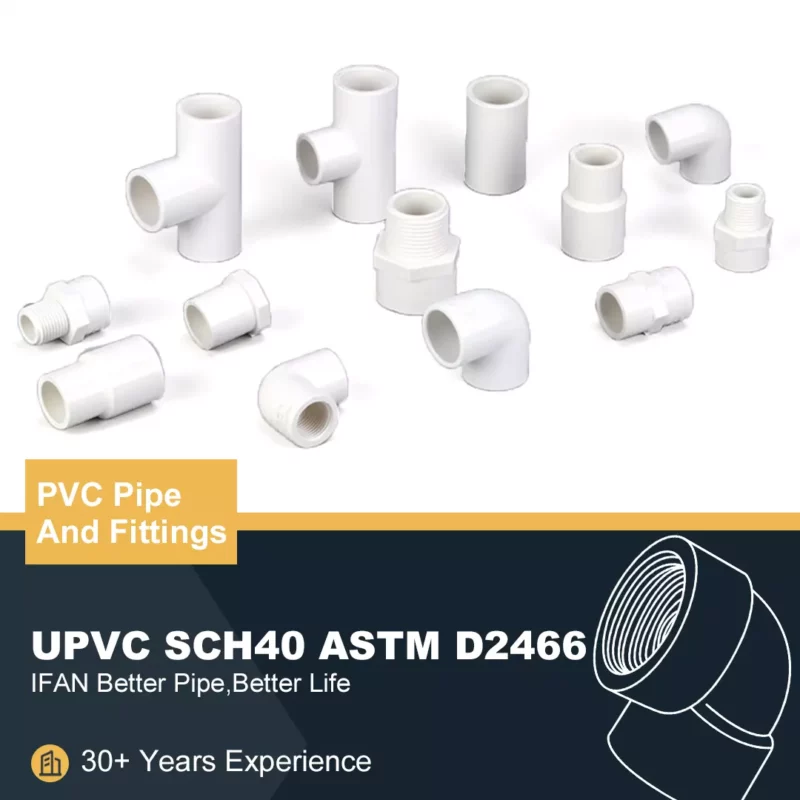
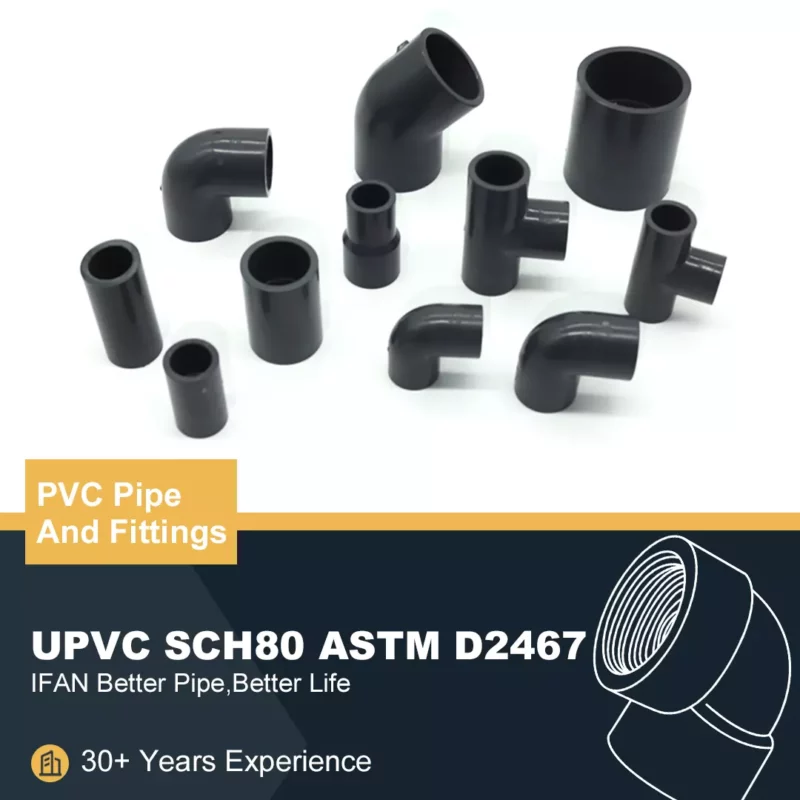
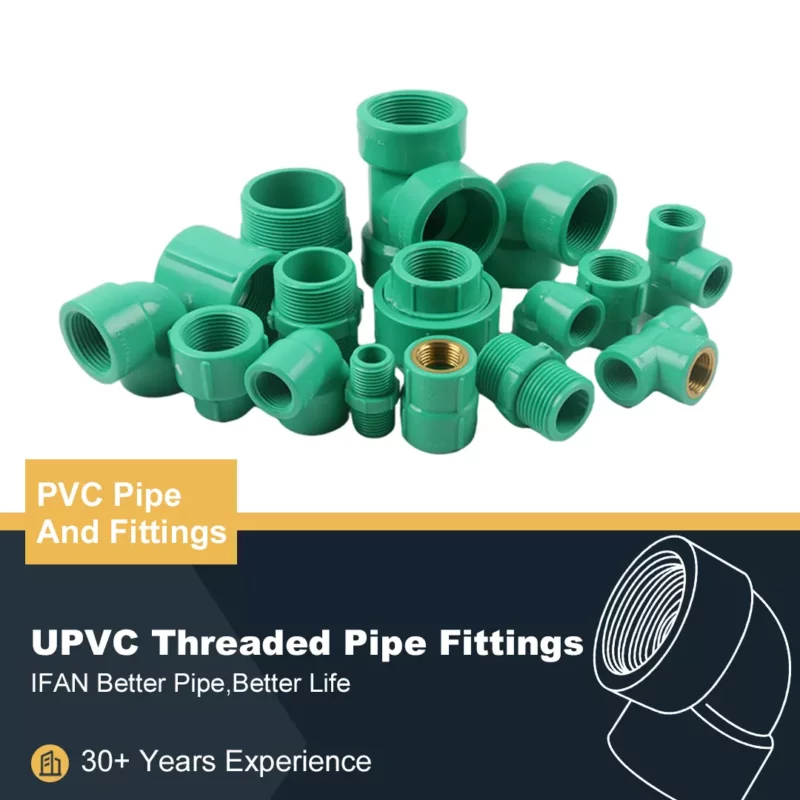
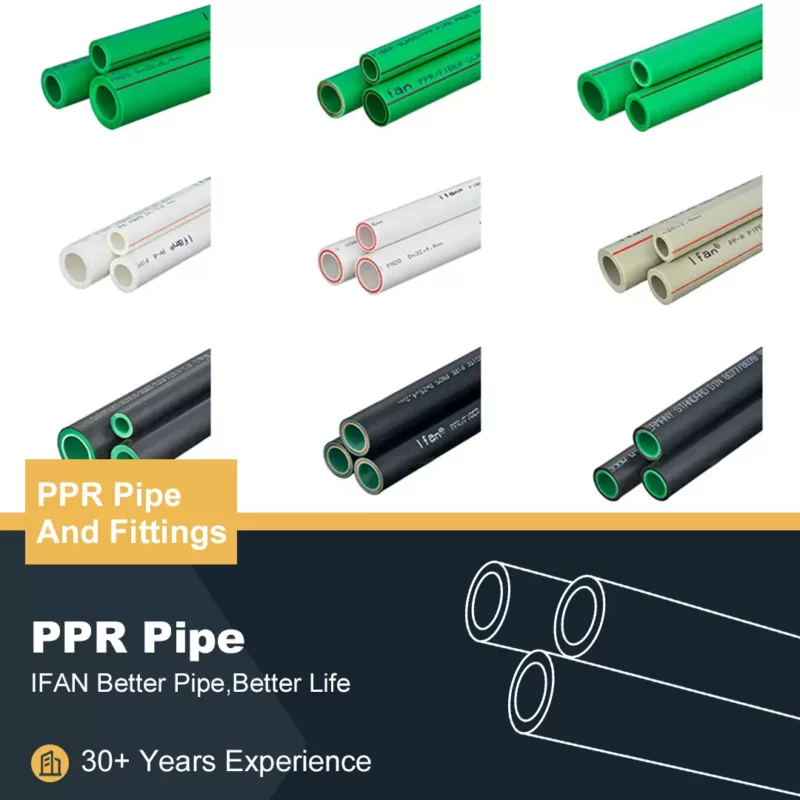
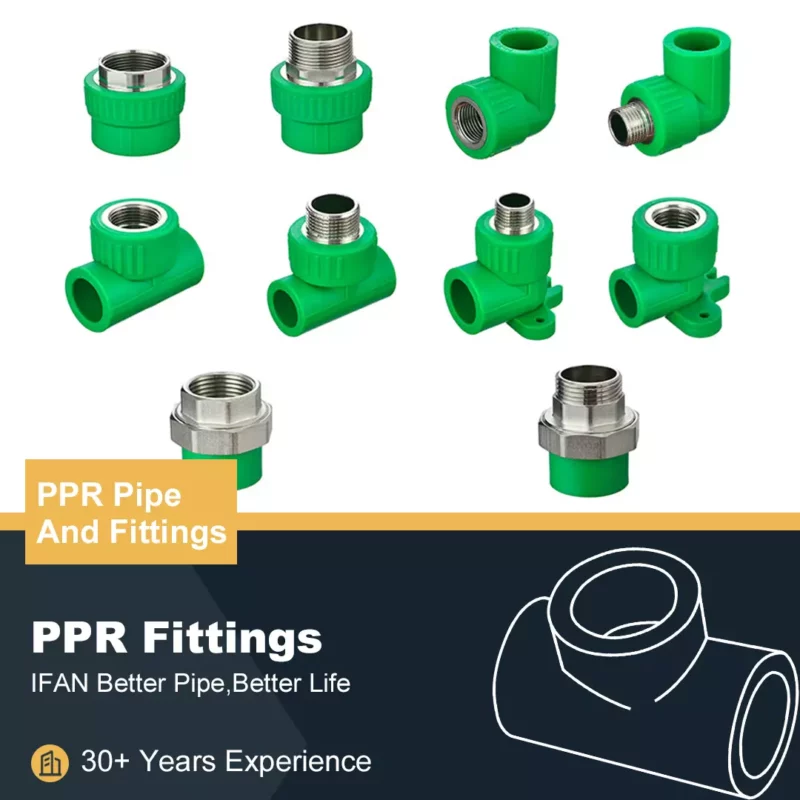
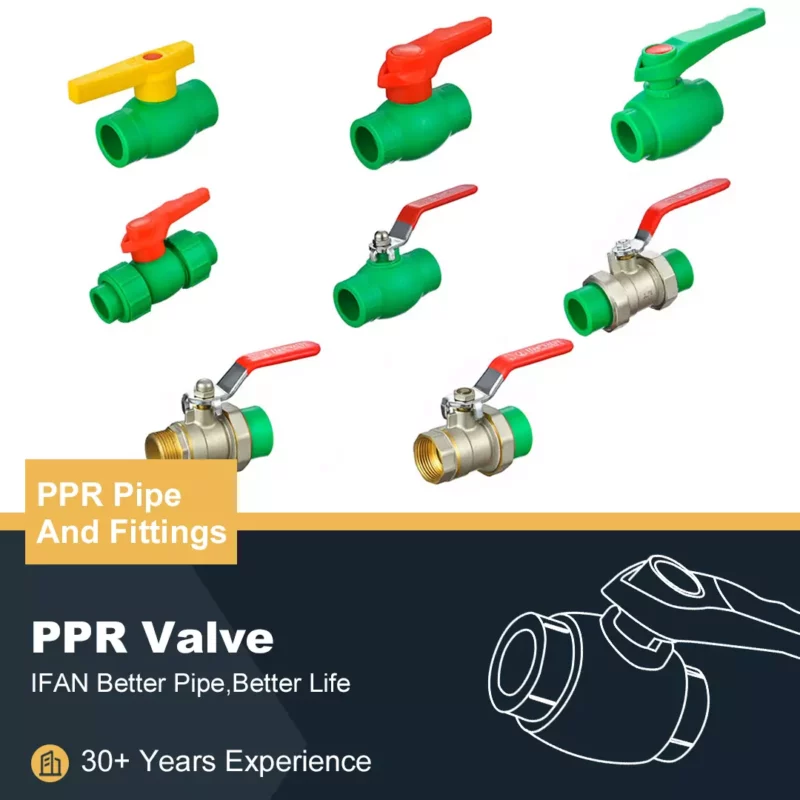
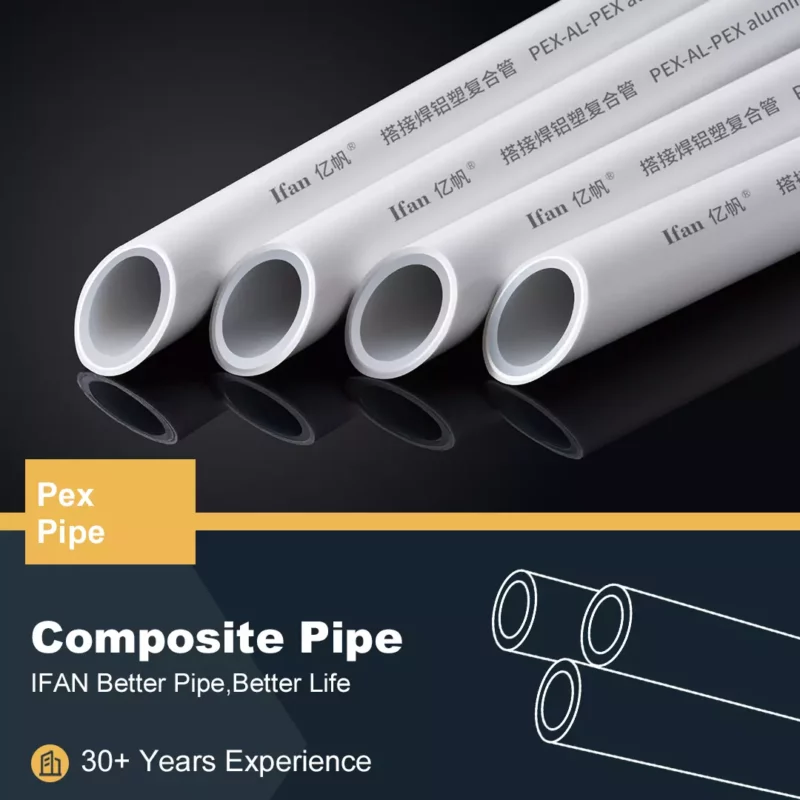
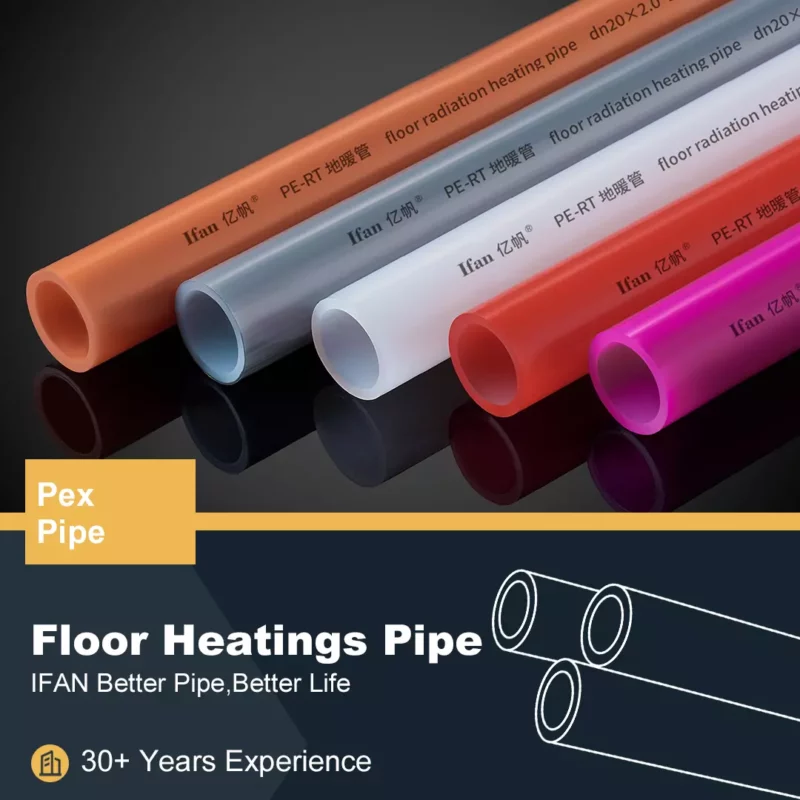
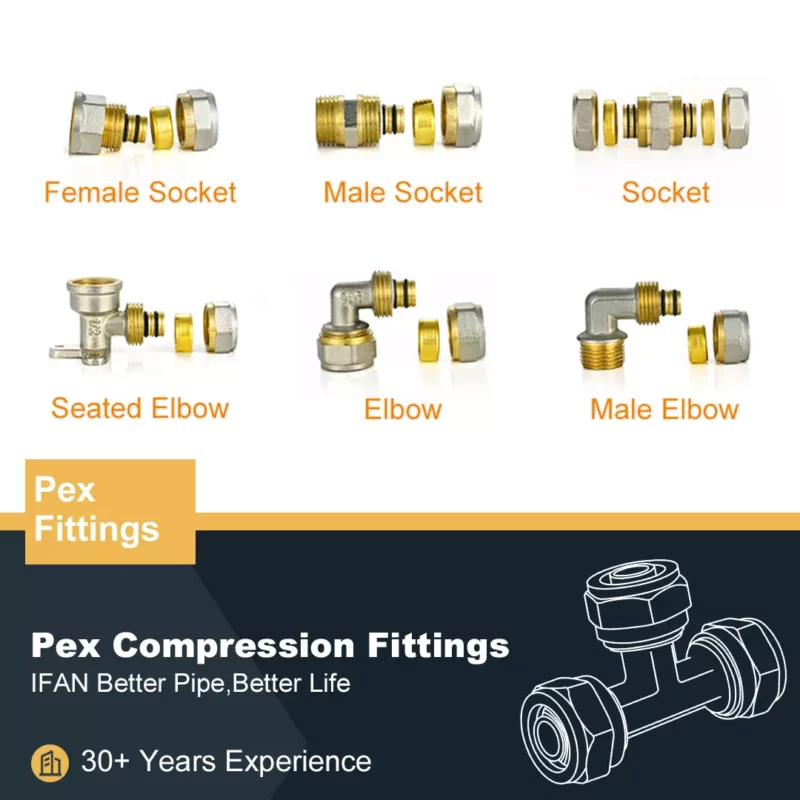
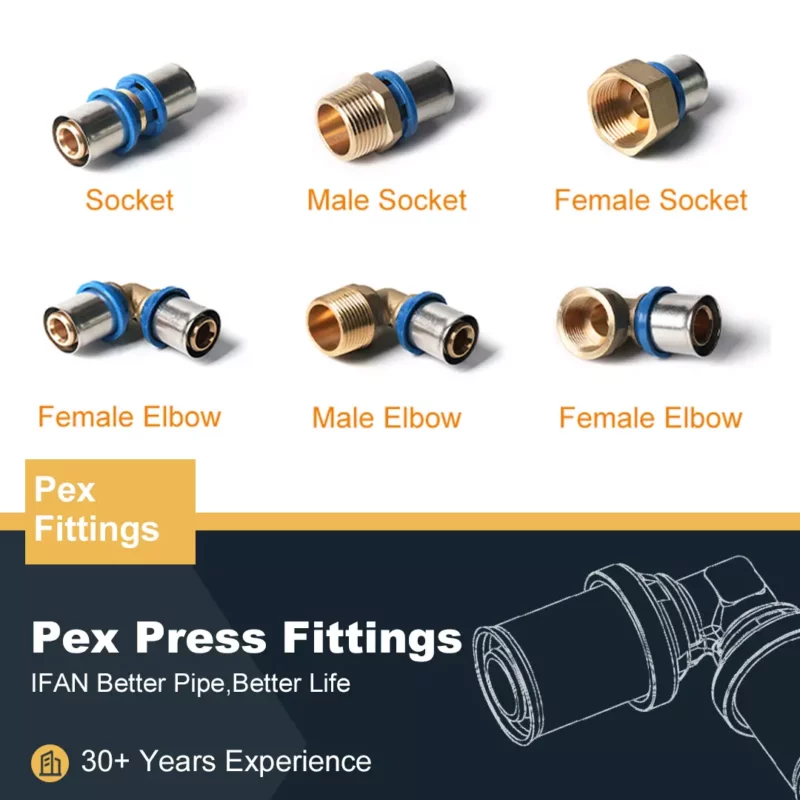
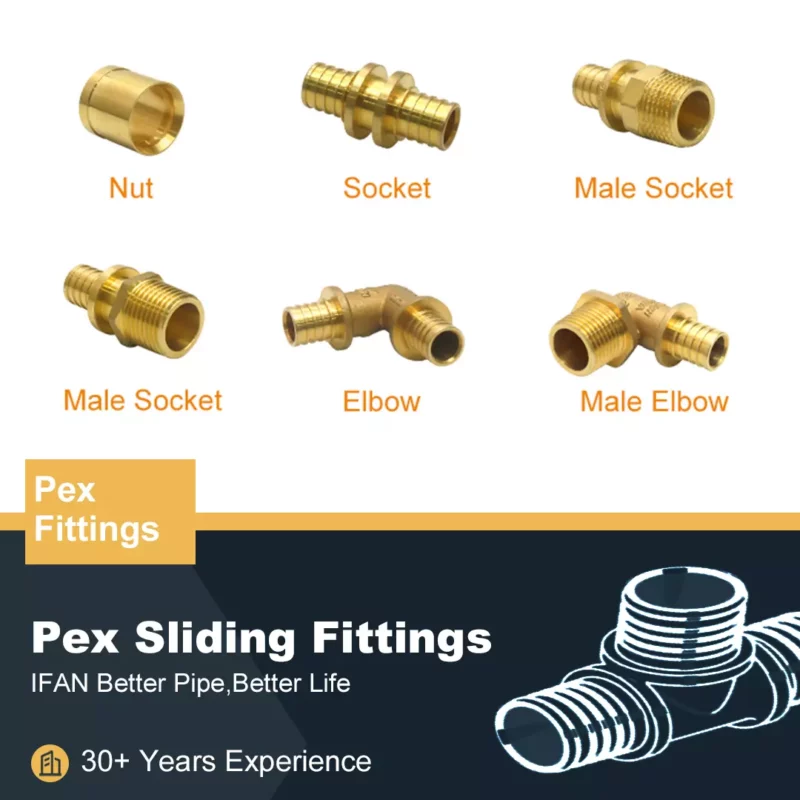
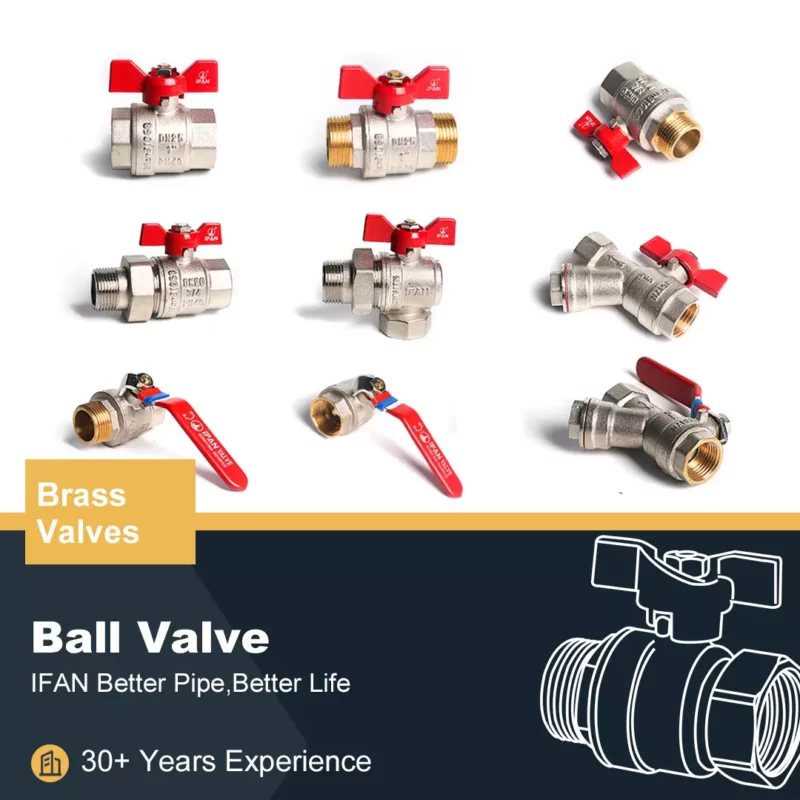
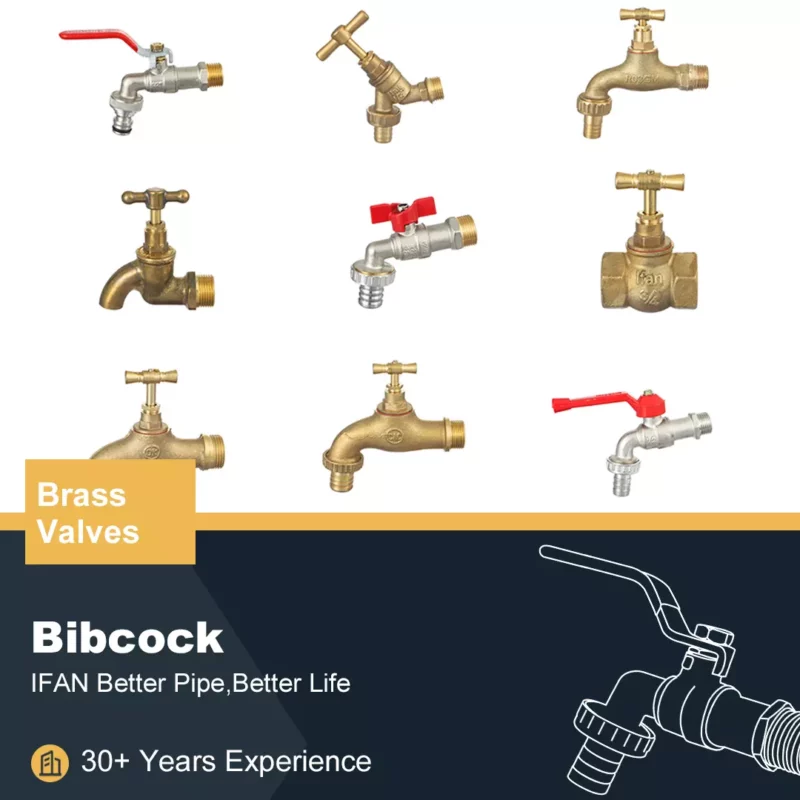
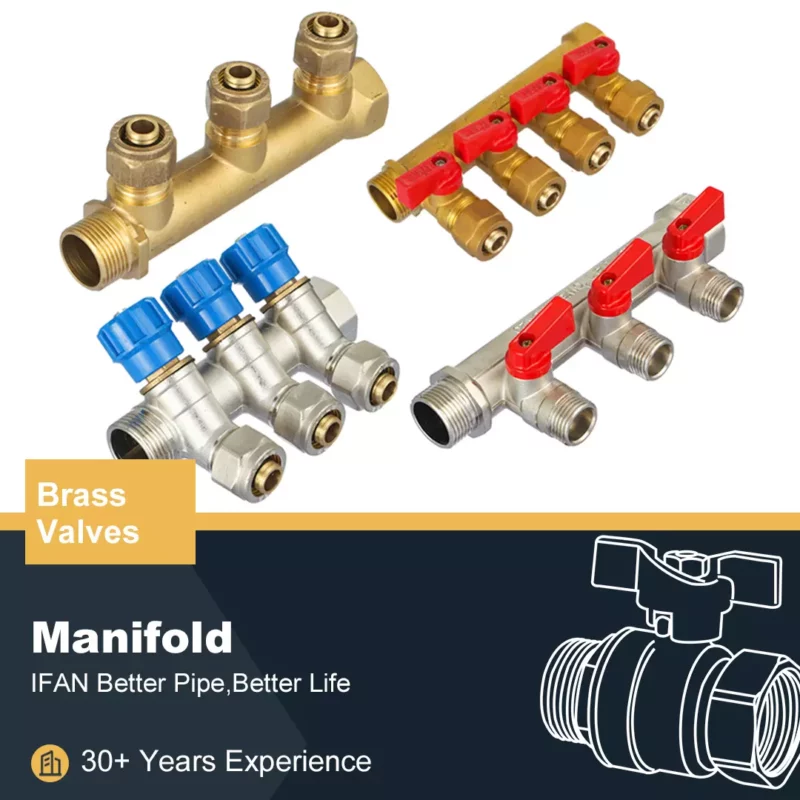
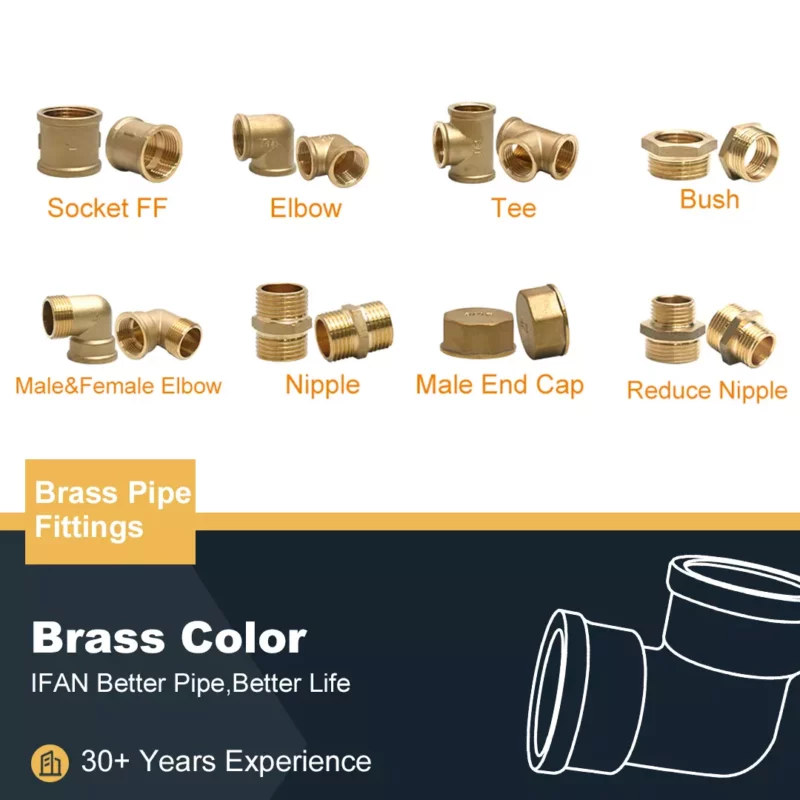
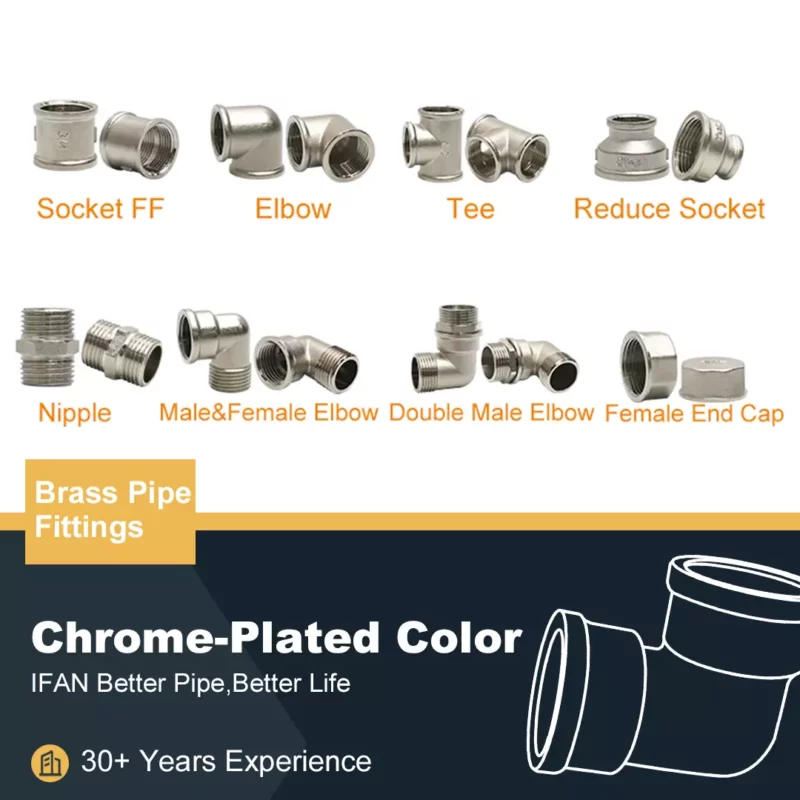
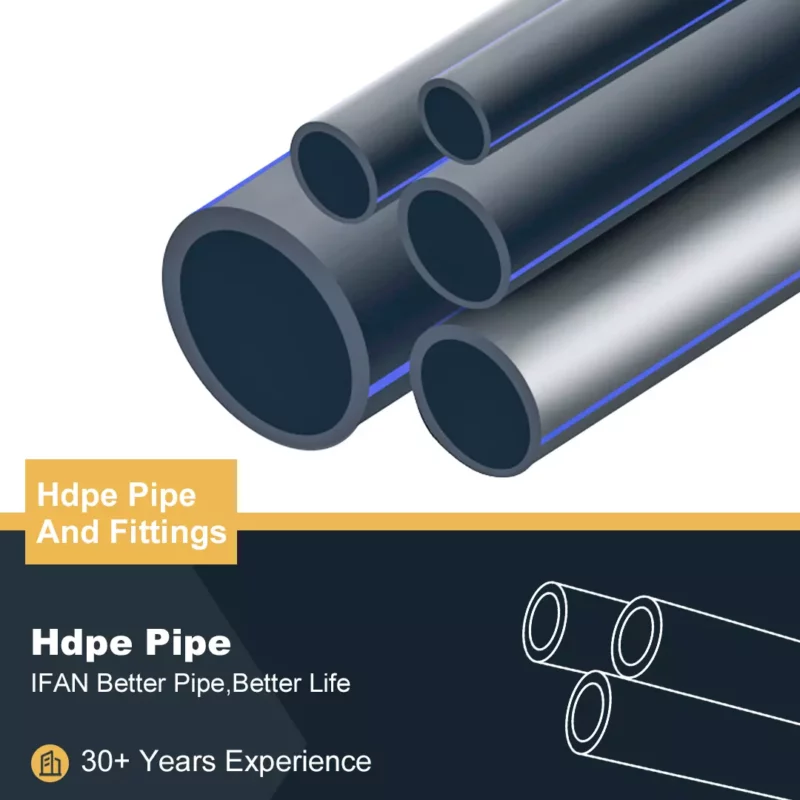
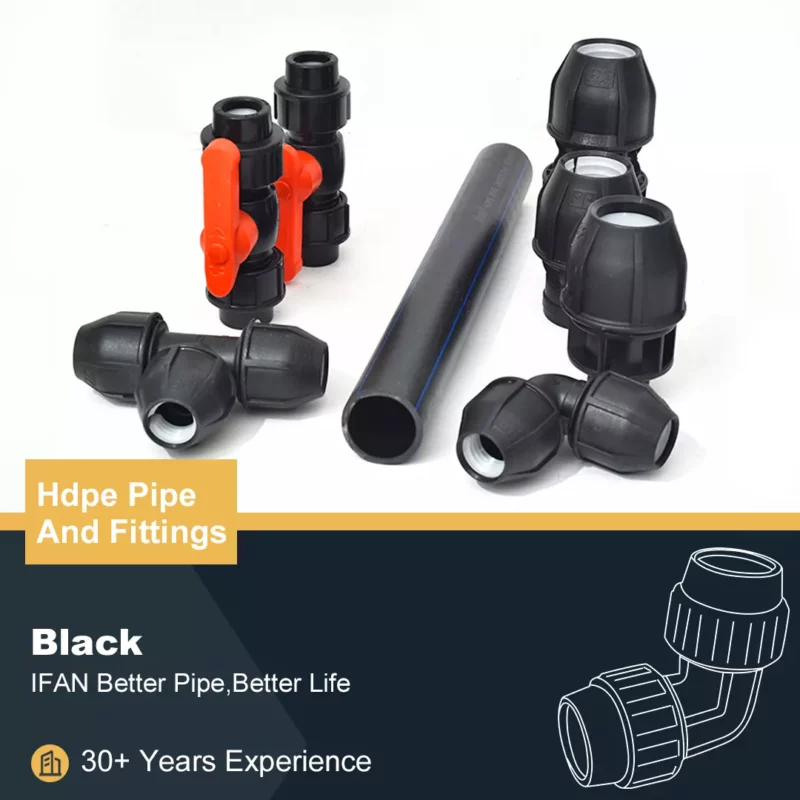
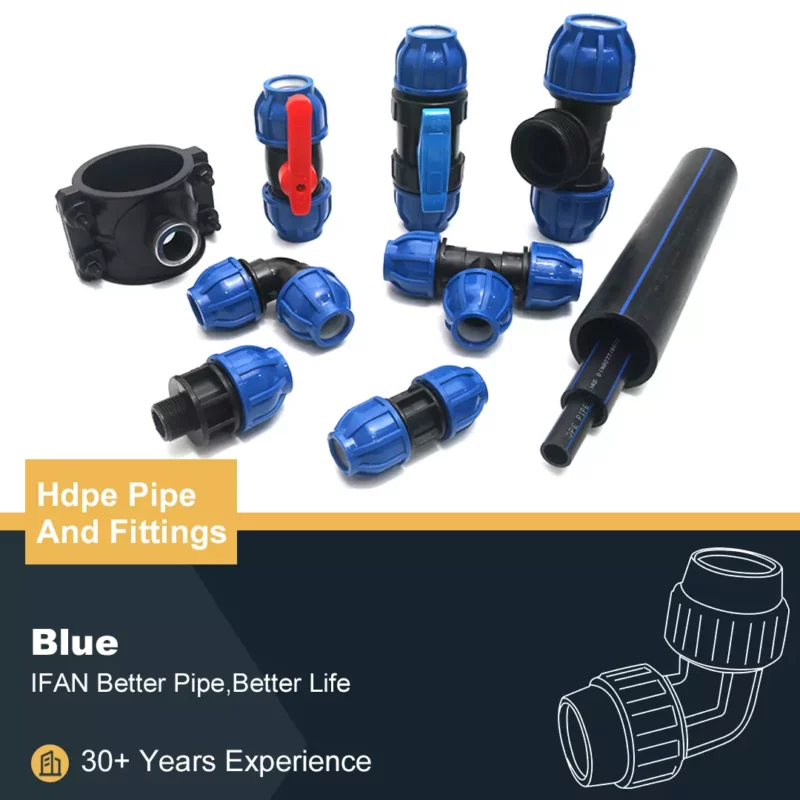
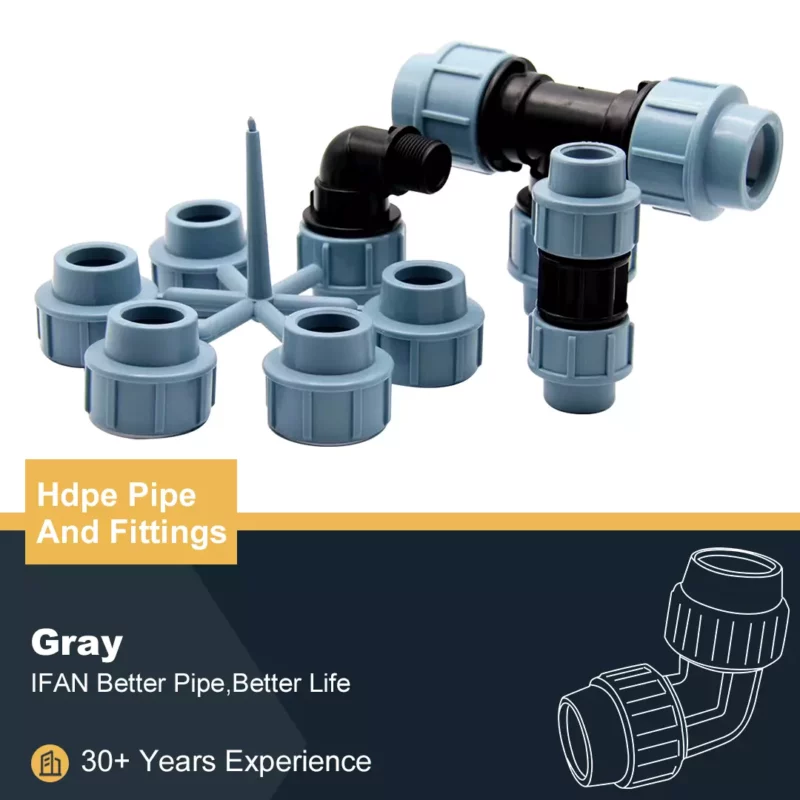
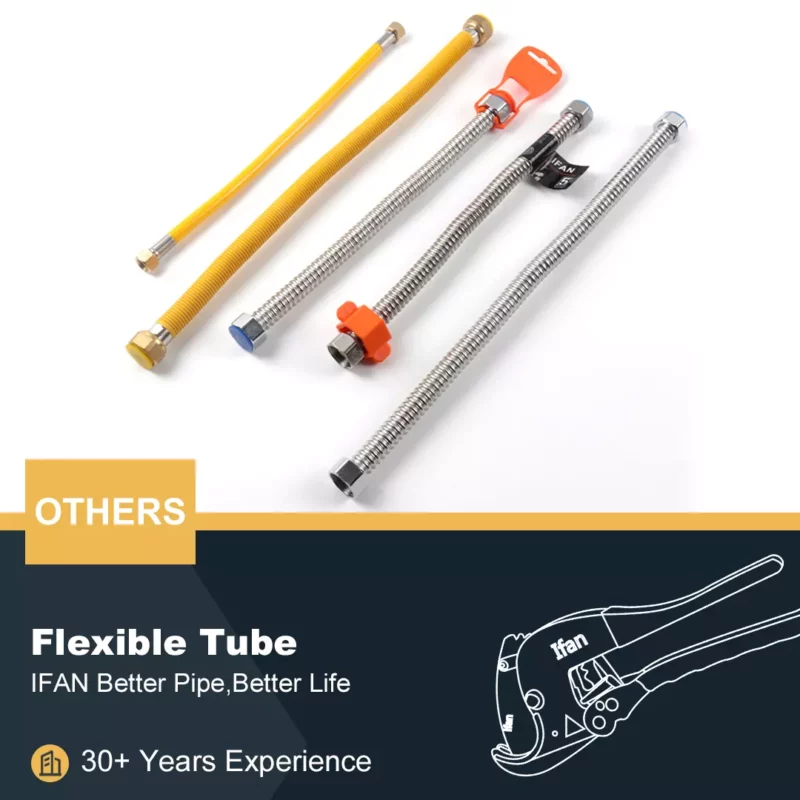
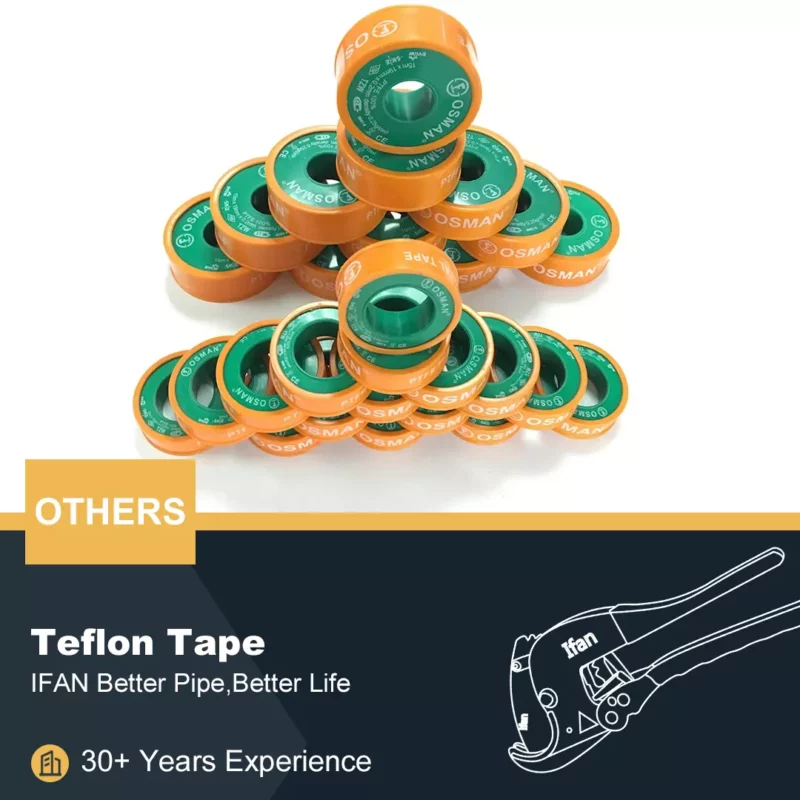
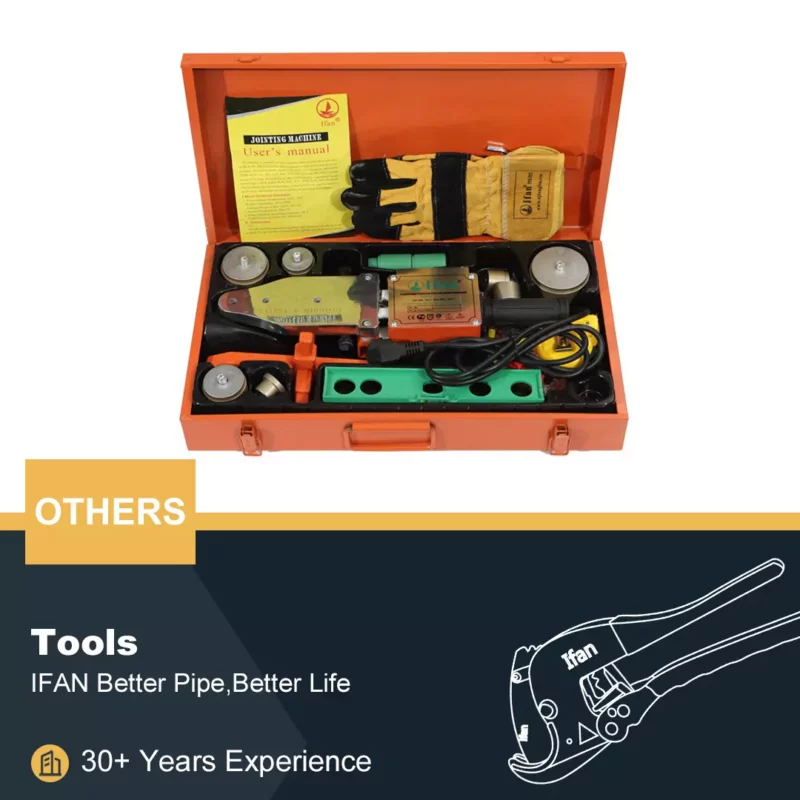



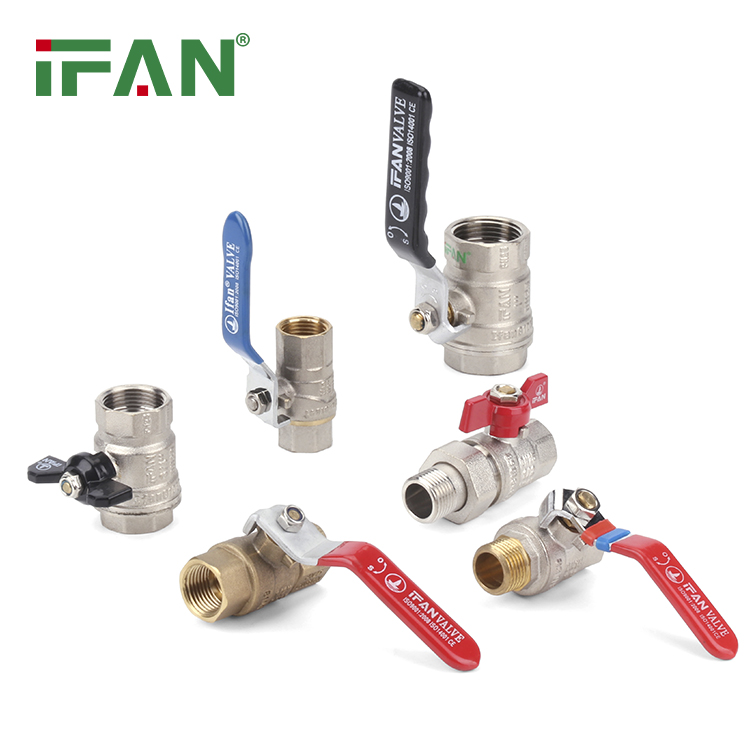











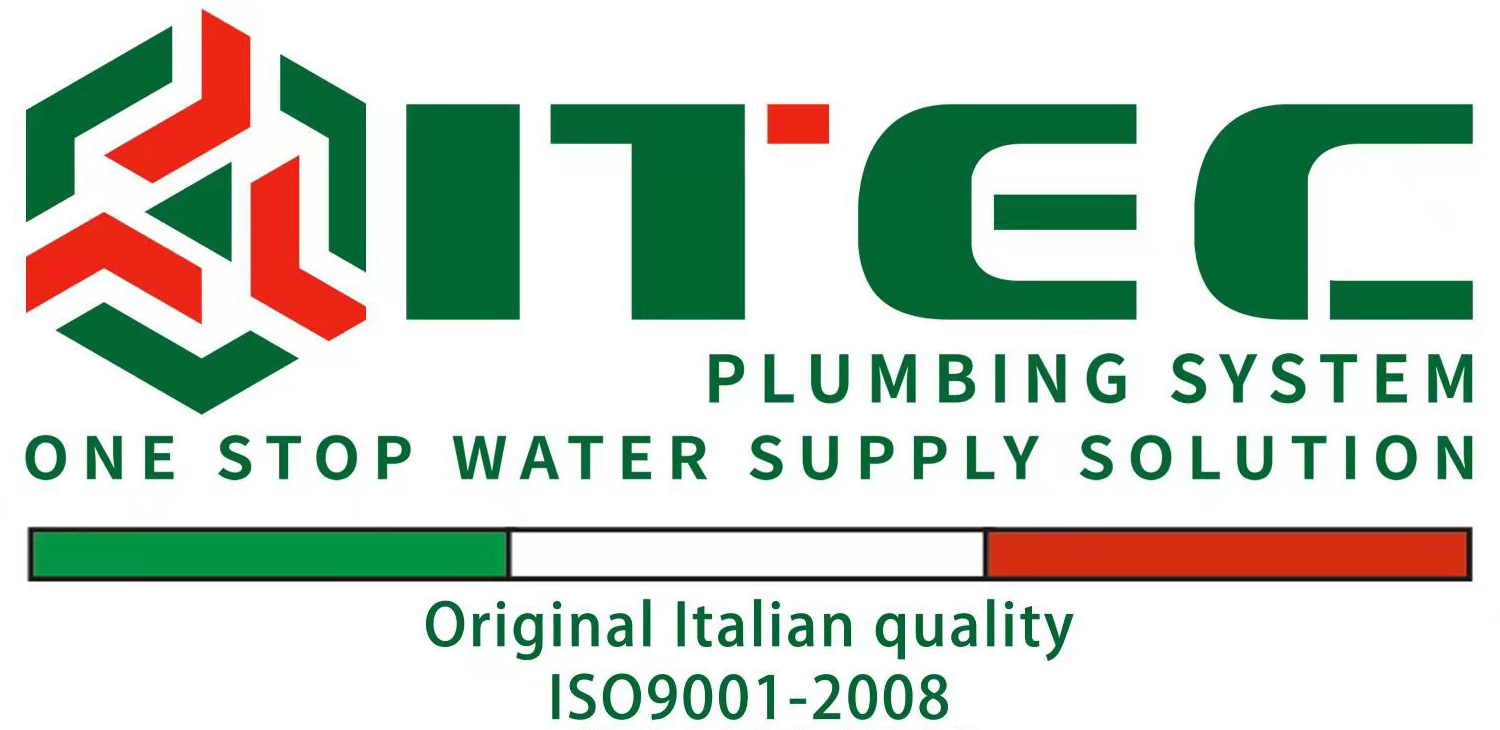

Can you be more specific about the content of your article? After reading it, I still have some doubts. Hope you can help me.